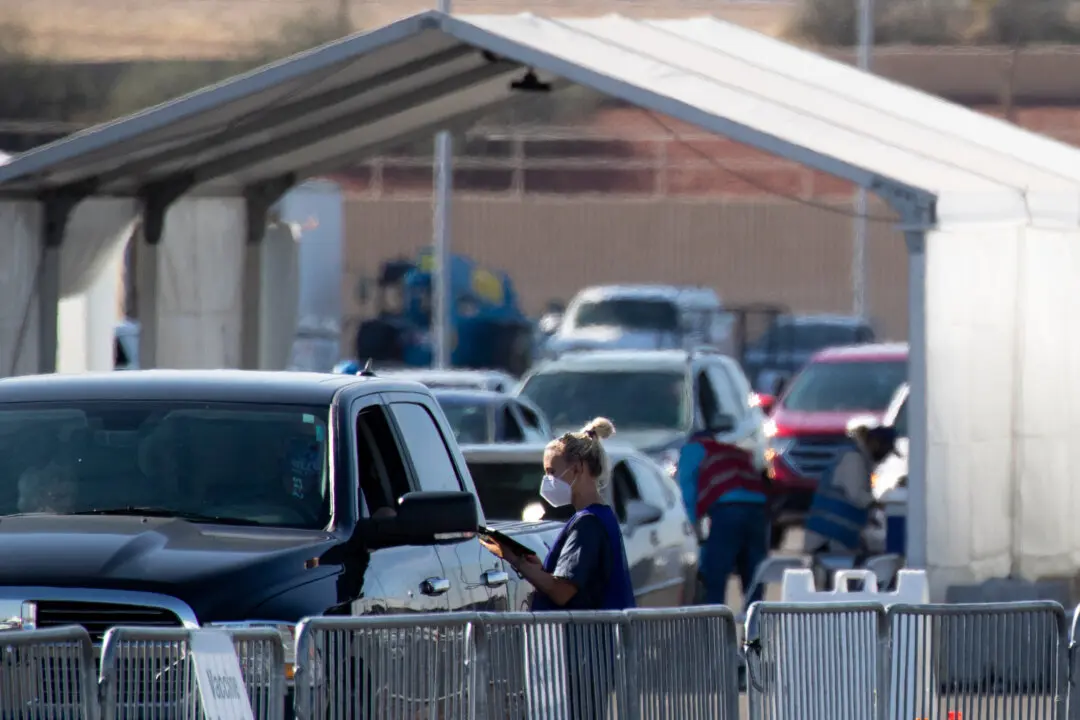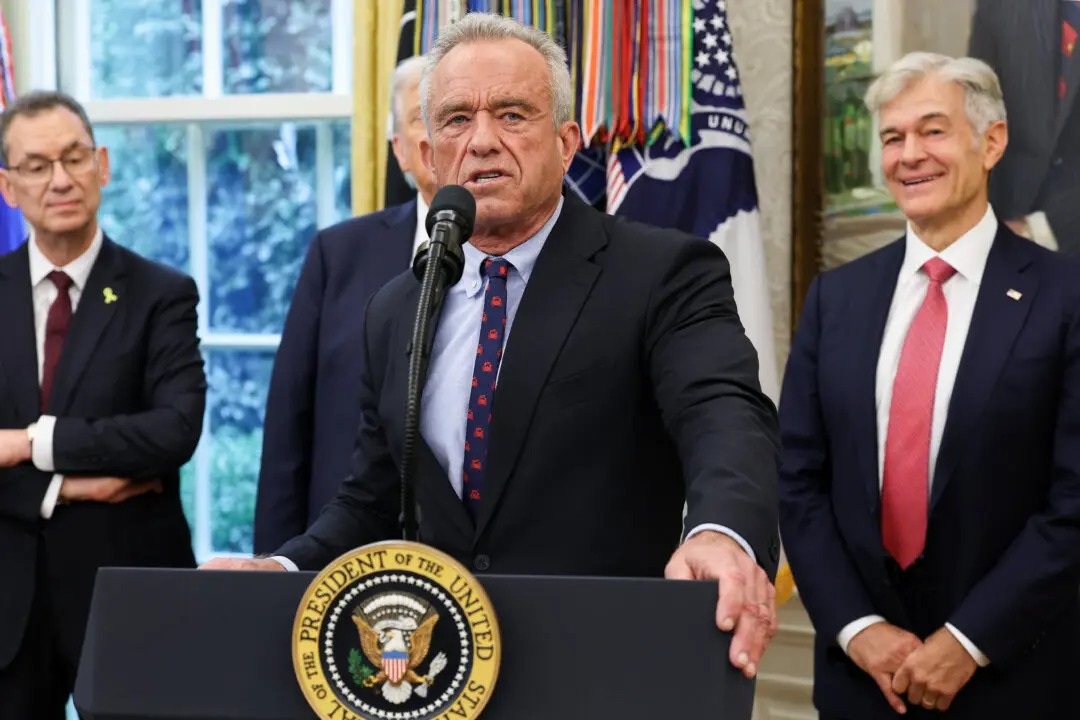Some sudden deaths were caused by COVID-19 vaccines, autopsies have confirmed.
Eight people who died suddenly after receiving a messenger RNA (mRNA) COVID-19 vaccine died due to a type of vaccine-induced heart inflammation called myocarditis, South Korean authorities said after reviewing the autopsies.






